About soil npk sensor
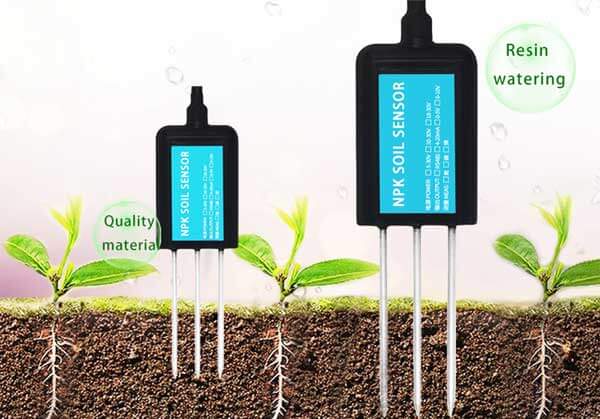
Soil npk sensor description
The soil npk sensor is suitable for detecting the content of nitrogen, phosphorus, and potassium in the soil, and judging the fertility of the soil. thereby facilitating the systematic evaluation of the soil condition. Can be buried in the soil for a long time, resistant to long-term electrolysis, corrosion resistance, vacuum potting, and completely waterproof. Soil npk sensors are widely used in soil nitrogen, phosphorus and potassium detection, precision agriculture, forestry, soil research, geological prospecting, plant cultivation and other fields.
Soil npk sensor features
1. Simple to use, few operation steps, fast measurement, no reagents, unlimited detection times.
2. High measurement accuracy, fast response speed, and good interchangeability.
3. The electrode is made of specially treated alloy material, which can withstand strong external impact and is not easy to damage.
4. Completely sealed, resistant to acid and alkali corrosion, and can be buried in soil for long-term dynamic testing.
5. The probe plug-in design ensures accurate measurement and reliable performance.
Soil npk sensor parameters
Power supply: 5-30VDC
Maximum power consumption: ≤0.15W
Operating temperature: -40~80℃
NPK parameters:
Range: 0-1999 mg/kg(mg/L)
Resolution: 1 mg/kg(mg/L)
Precision: ±2%FS
Response time: ≤1S
Protection grade: IP68
Probe material: 316 stainless steel
Sealing material: Black flame-retardant epoxy resin
Default cable length: 2 meters, cable length can be customized
Dimensions: 45*15*123mm
Output signal: RS485/4-20ma/0-5v/0-10v
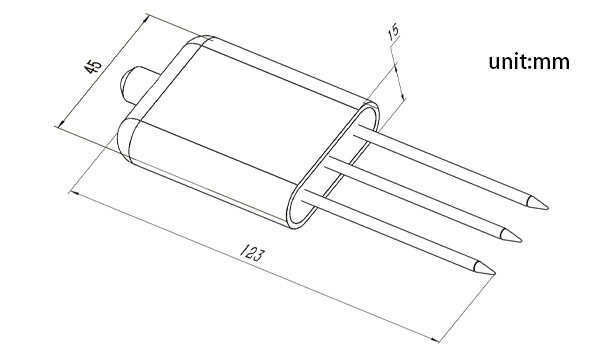
How do soil NPK sensors work?
The soil NPK sensor is suitable for detecting the content of nitrogen, phosphorus and potassium in the soil, and judges the fertility of the soil by detecting the conductivity transformation caused by different nitrogen, phosphorus and potassium concentrations in the soil.



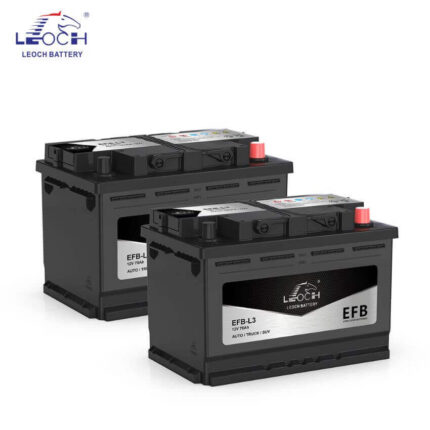




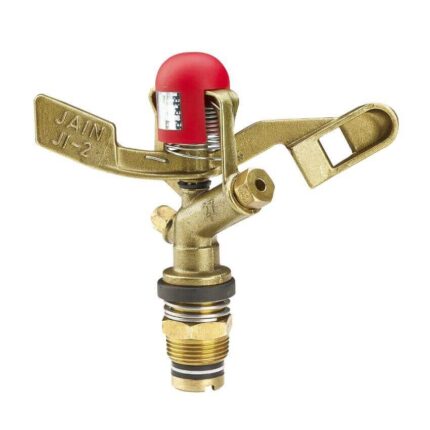
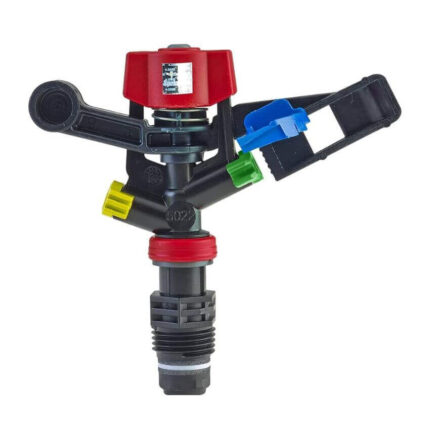



Reviews
There are no reviews yet.